What is the most important thing in the investment trading process? —— Fund management. Many traders are looking for secrets to profit in the market, thinking that relying on accurate judgment of market direction can win stably in the market for a long time. In fact, the most important thing to make a stable profit in the market is fund management.
Warren Buffett believes that safety is the first principle of investment, "The first rule is to preserve the principal, the second rule is to preserve the principal, and the third rule is to remember the first two rules." Many investment masters and trading experts do not have a high success rate, but they can continue to make profits and earn money continuously. The reason is that they are more skilled at grasping the trend and fund management. This article will introduce the fund management secrets of eight trading masters for investors to learn and draw lessons from.
Steve Burns — Control risk, do not exceed 1% of the trading funds in each transaction
To ensure long-term success, the most direct rule for a trader is: the investment in any transaction should not exceed 1% of the account funds. This does not mean that only 1% of the funds are used to relieve the psychological pressure of the trader and calmly deal with each transaction.
Dr. Brett Steenbarger — The initial goal is to make mistakes continuously, and then survive first
The goal of novice traders is to make as many mistakes as possible in the initial small transactions. The early stage of trading is a learning and growth period. Continuously making mistakes at this stage can not only help traders better understand their trading style, but also control the losses and will not have a great impact on the trader's funds.
The biggest problem for novice traders is to try to make a living by trading, which puts them under tremendous pressure. Before having enough ability, traders must first establish self-confidence and ensure that they can trade for a long time.
ChatWithTraders — Never cancel or change the stop loss
The first thing to do in trading is to make a trading plan. No matter how large the position is set, traders must be mentally prepared for the maximum loss that may be encountered. Then the most important thing is to set a stop loss to ensure that the loss does not exceed the expectation.Traders should never cancel their stop-losses or temporarily move their stop-loss levels. The stop-loss level before a trade is a decision made through logical thinking, while during the trade, it is usually changed due to emotions such as fear. Moreover, this can also lead to the formation of this bad habit in the future.
Matt Zimberg—Exit in time when the market is unfavorable, do not rely on so-called intuition.
Successful traders will never trade randomly or according to intuition. In risk management, the mindset of successful traders is "to maintain long-term trading" rather than focusing on the results of each trade.
In addition, successful traders are very rational. Once the expected market situation in the position fails, they will exit in time and admit their mistakes. During the loss period, they will not trade emotionally. In addition, they basically choose a low leverage ratio.
Kirk du Plessis—Focus on controllable factors.
It must be admitted that what happens in the market is very difficult to grasp, and "black swans" will continue to appear in the future. Accept reality and shift the focus to factors that traders can control, such as positions, strategies, and capital.
Seth Freudberg—Gradually stabilize trading and risk tolerance.
1. Correct attitude: Maintain trading for at least several years;
2. Allow 6 months to 4 years to find a fixed trading strategy;
3. Only trade in small amounts for at least the first half year, and then increase the capital investment by 5% every month until you start to feel panic.4. Do not increase investment before overcoming panic; continue to invest funds after the panic subsides.
5. Continuously train according to the above steps until trading can maintain the trader's standard of living.
Joel Kruger—Choose only the "most suitable" trades
A novice trader entering the market is like a child who has been given the key to a candy store. The child knows they cannot eat all the candy, but it is hard to resist the temptation.
The same applies to novice traders. When they find they can freely choose, although they know they cannot trade all the time, it is difficult to control the urge to trade. At this time, novice traders should only choose the most suitable trades for themselves. Perhaps the trader has many "favorite" signals or opportunities, but only the "most suitable" trades can improve profits and reduce trading frequency.
Gavin—Do not trade for revenge
Never engage in revenge trading. Everyone will suffer losses, which is too normal. The sooner the trader accepts this fact, the sooner they can adjust their mindset and get back into trading. Never trade solely to recoup losses.

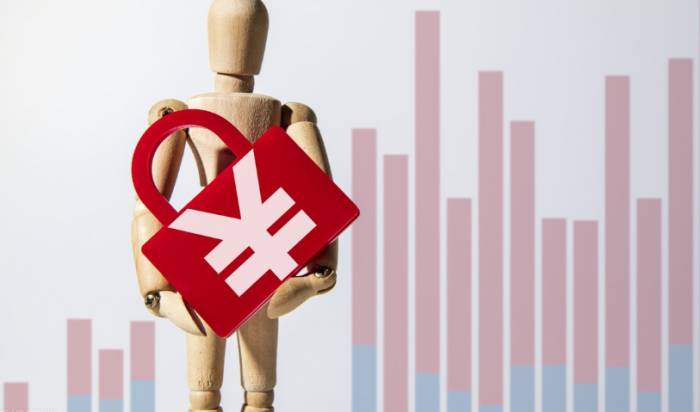




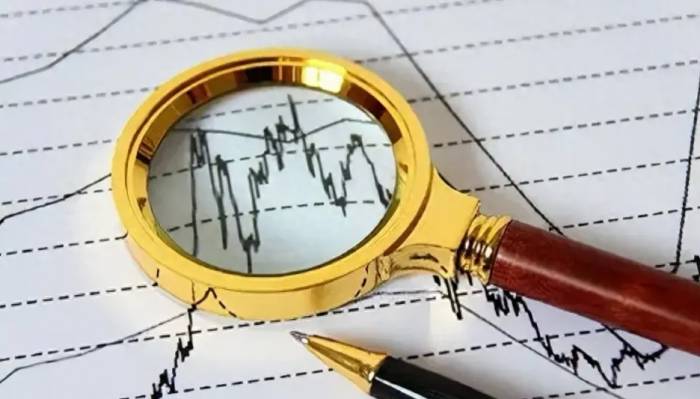
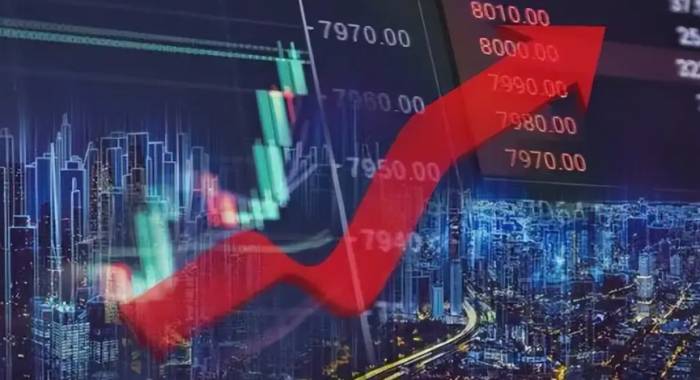




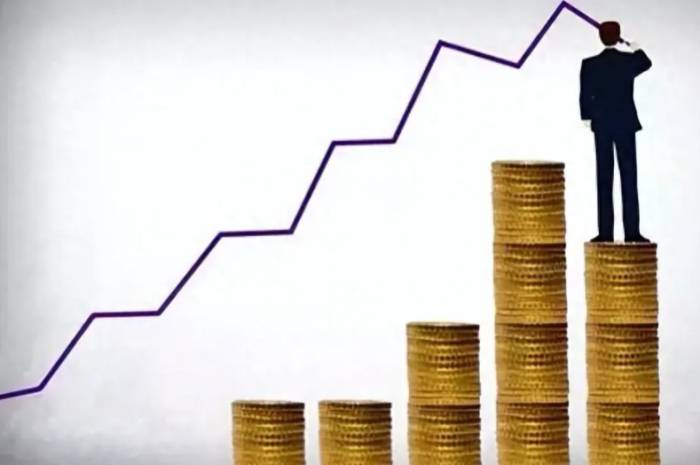



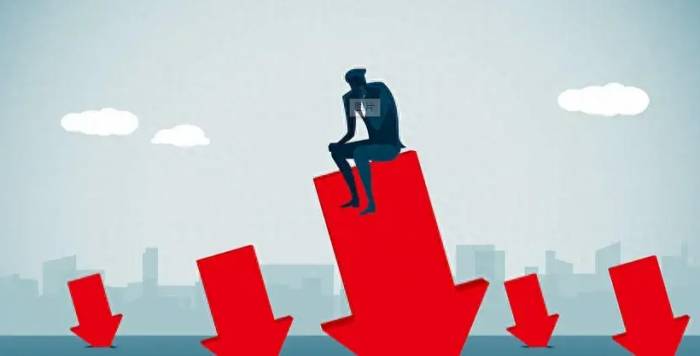
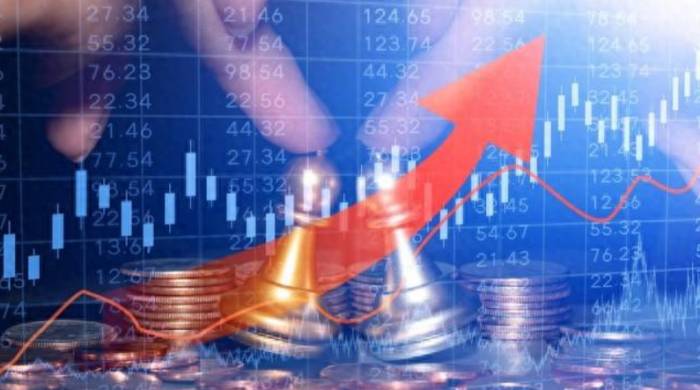




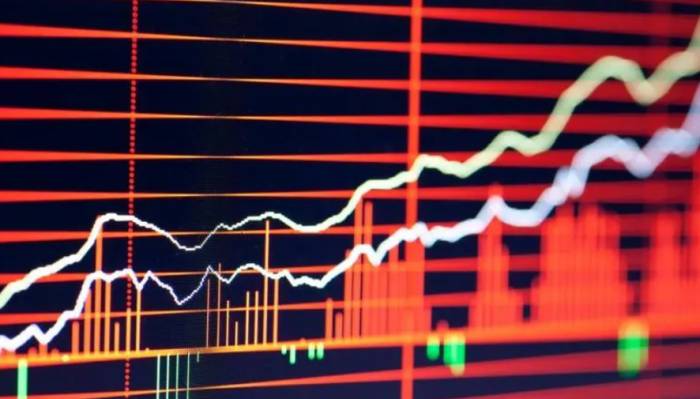



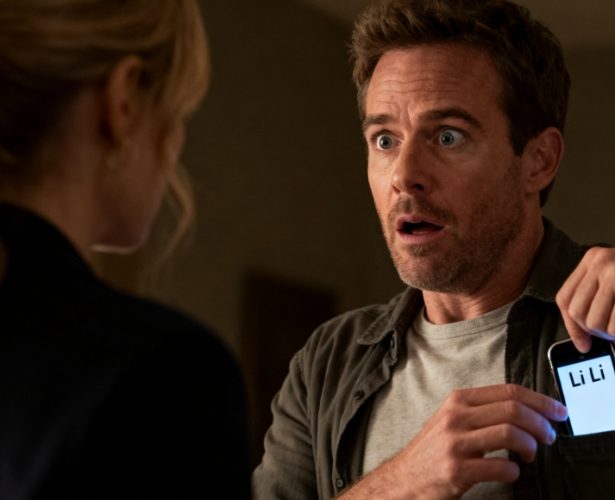
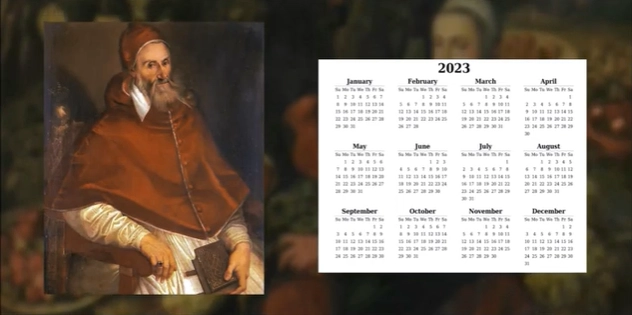


Discussion